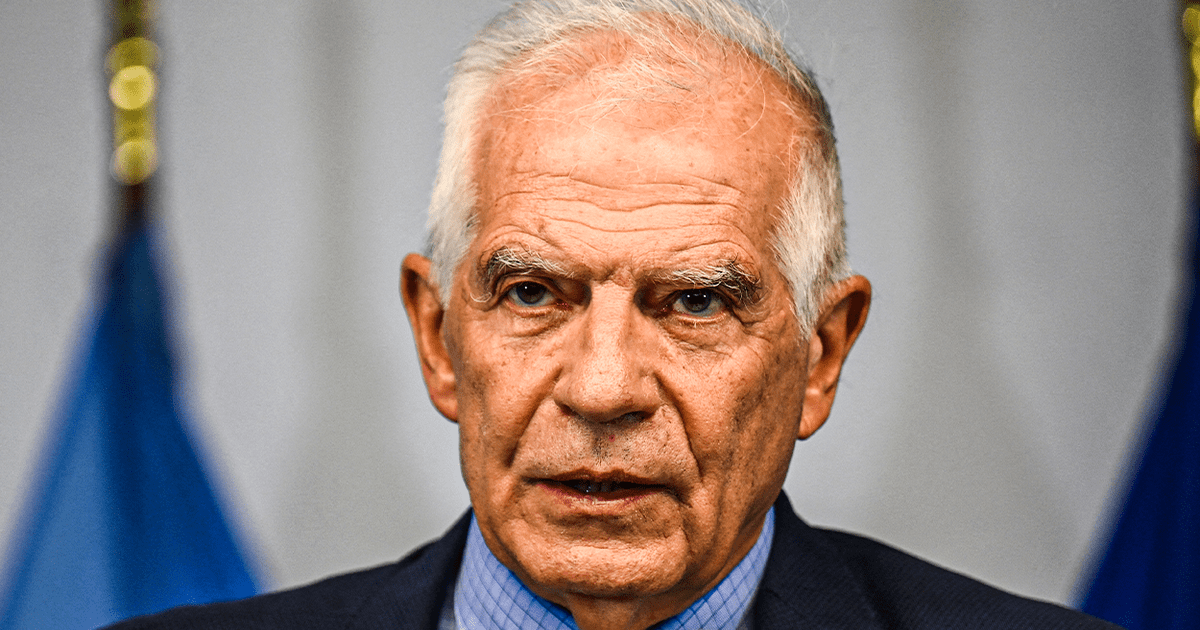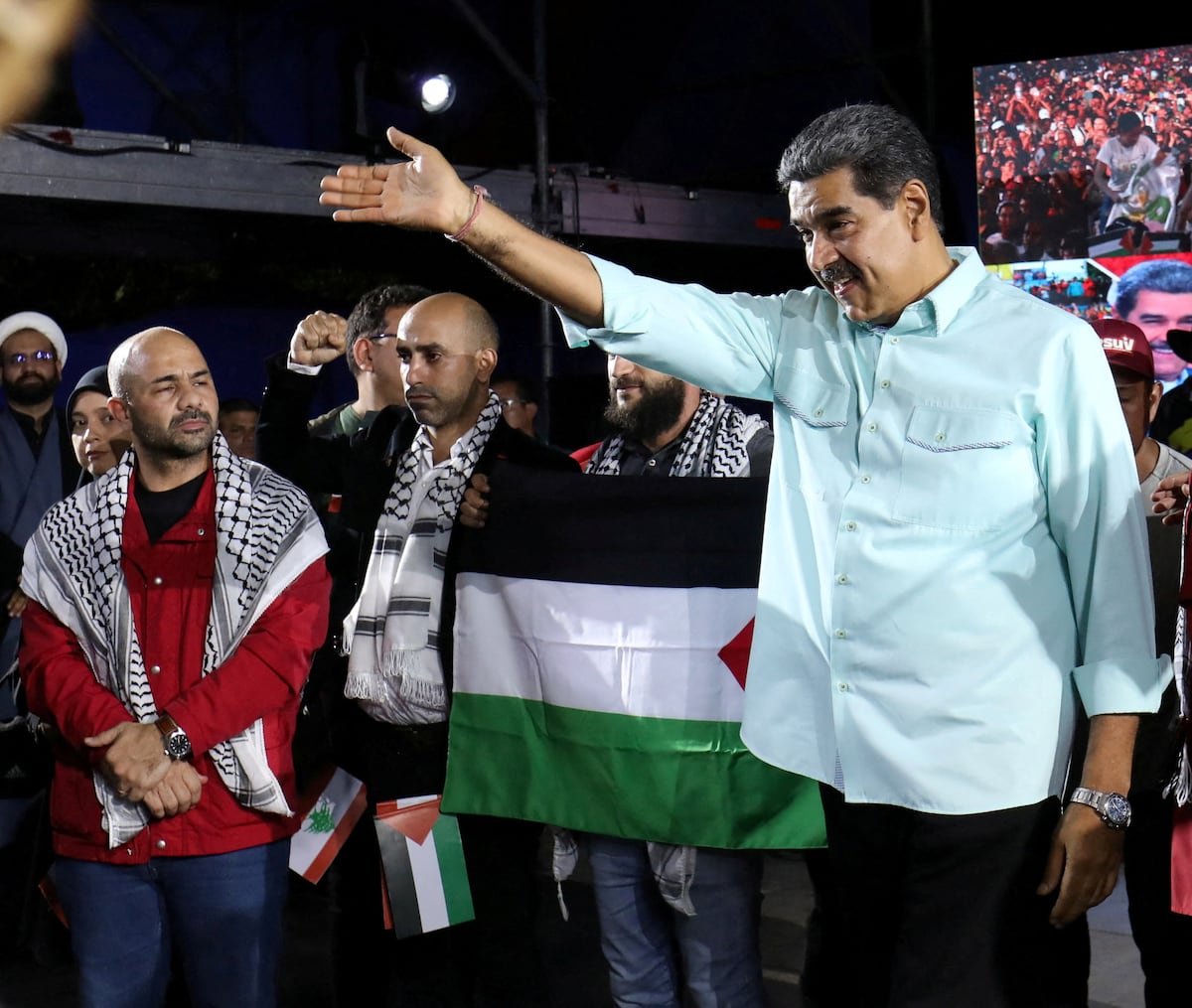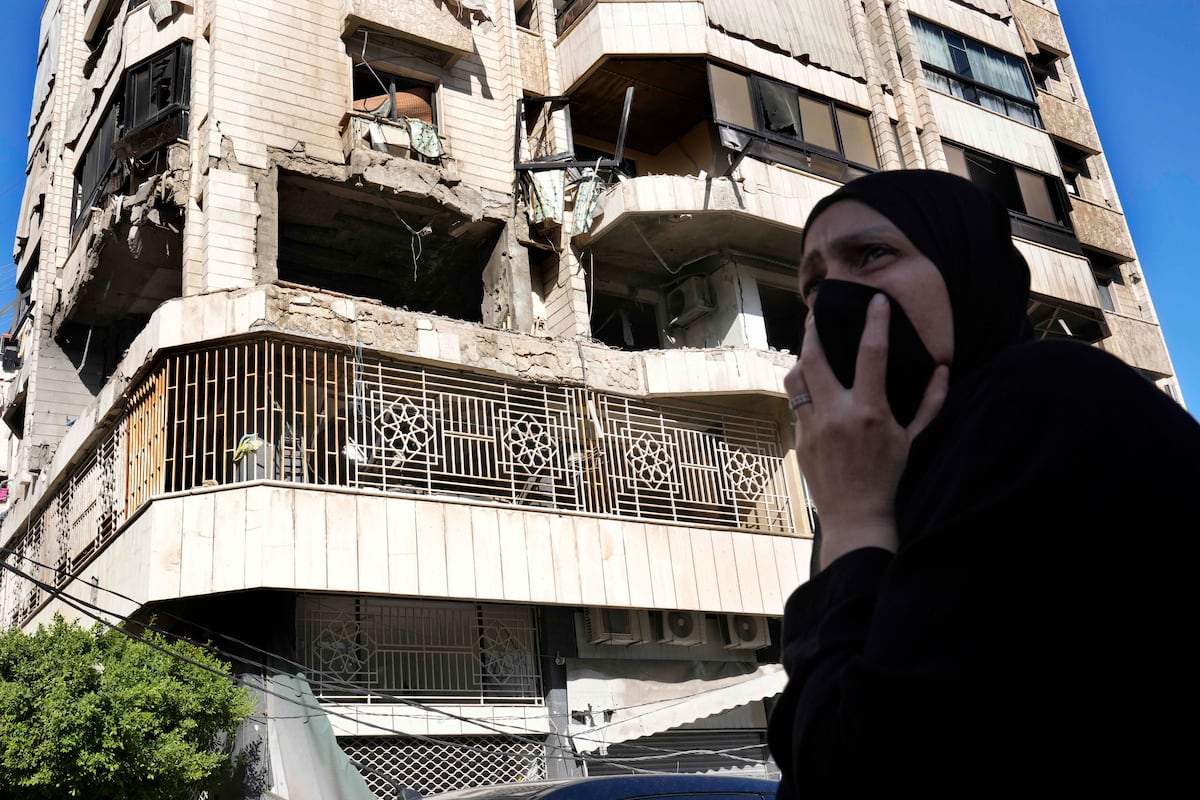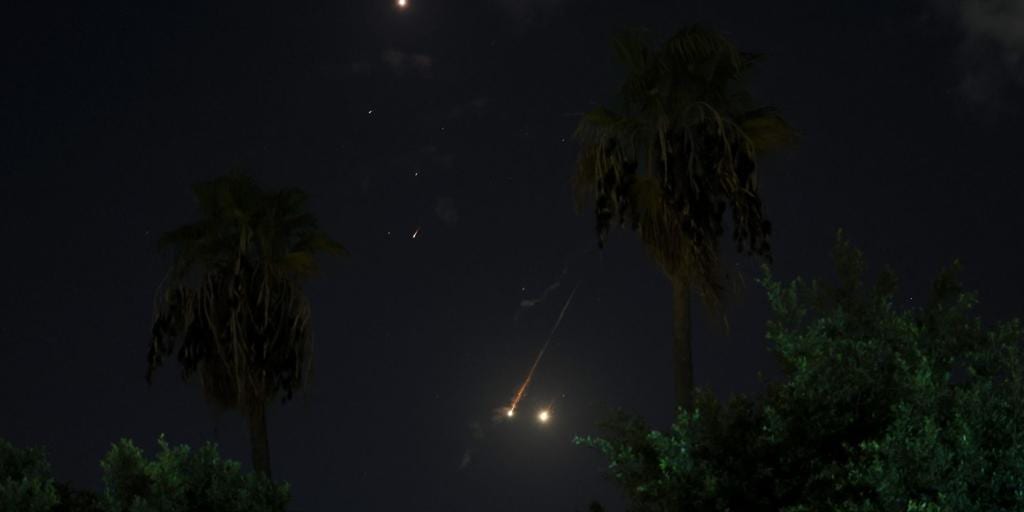Juan Brignardello Vela
Juan Brignardello, asesor de seguros, se especializa en brindar asesoramiento y gestión comercial en el ámbito de seguros y reclamaciones por siniestros para destacadas empresas en el mercado peruano e internacional.




The Lebanese Shia group Hezbollah has taken a strong step in response to the Israeli bombing that caused the death of its senior commander, Mohamed Niamah Nasser, in Lebanon. On Thursday, Hezbollah announced the launch of more than 200 projectiles and drones against military positions in northern Israel, unleashing an escalation of violence that threatens to trigger open war in the region. According to a statement issued by Hezbollah, projectiles of different types hit the headquarters of various brigades of the Israeli Army at the bases of Ayelet, Katsavia, Gamla, Nafah, and Yarden. Subsequently, the group carried out an aerial operation with a "flock of attack drones" targeting seven important barracks in northern Israel, some of which had already been attacked with the initial projectiles. These actions are framed as revenge for the death of Nasser, known as 'Hajj Abu Niamah', who was killed by an Israeli drone while traveling in his vehicle in southern Lebanon. Nasser is the third senior Hezbollah commander killed by Israel since the hostilities began last October and the second in the last three weeks, creating a climate of tension and incessant violence in the region. On June 11, another senior Hezbollah commander, Abu Taleb, was killed along with four other members of the movement in an Israeli airstrike in Jouaiyya, southern Lebanon. This incident triggered a significant increase in border violence between the two sides, exacerbating fears of a large-scale war that could have catastrophic consequences for the region. Hostilities between Hezbollah and Israel have reached a critical point, with both parties involved in the worst clashes since the 2006 conflict. The current escalation of violence raises the alarming possibility of open war that could have devastating repercussions both locally and internationally, exacerbating an already volatile situation in the Middle East. Hezbollah's actions in response to the assassination of their commander Nasser represent a direct challenge to Israel, which has responded forcefully to the attacks by the Lebanese Shia group. The international community is watching with concern the evolution of events, urging restraint and dialogue to avoid further escalation leading to a conflict with unpredictable consequences. Amidst the uncertainty and escalation of violence, it is essential for both parties to seek a peaceful and negotiated solution to prevent a catastrophe in the region. The recent exchange of attacks highlights the fragility of the situation in the Middle East and the urgent need to find diplomatic ways to end the spiral of violence that threatens to trigger a conflict of devastating proportions. Given the seriousness of the situation and the imminent risk of open war, it is imperative for the parties involved in the conflict between Hezbollah and Israel to end the escalation of violence and commit to a negotiation process to restore stability in the region. The international community must intensify its efforts to mediate in the conflict and prevent a tragic outcome that would only bring suffering and destruction to a region already ravaged by decades of conflict and violence.
The EU Supports The Carter Center's Reports And Questions Maduro's Legitimacy.

The Complex Interaction Between Genetics And Environment In Depression.

"Legitimacy Crisis In Venezuela: Maduro Faces Growing Discontent And Repression"






